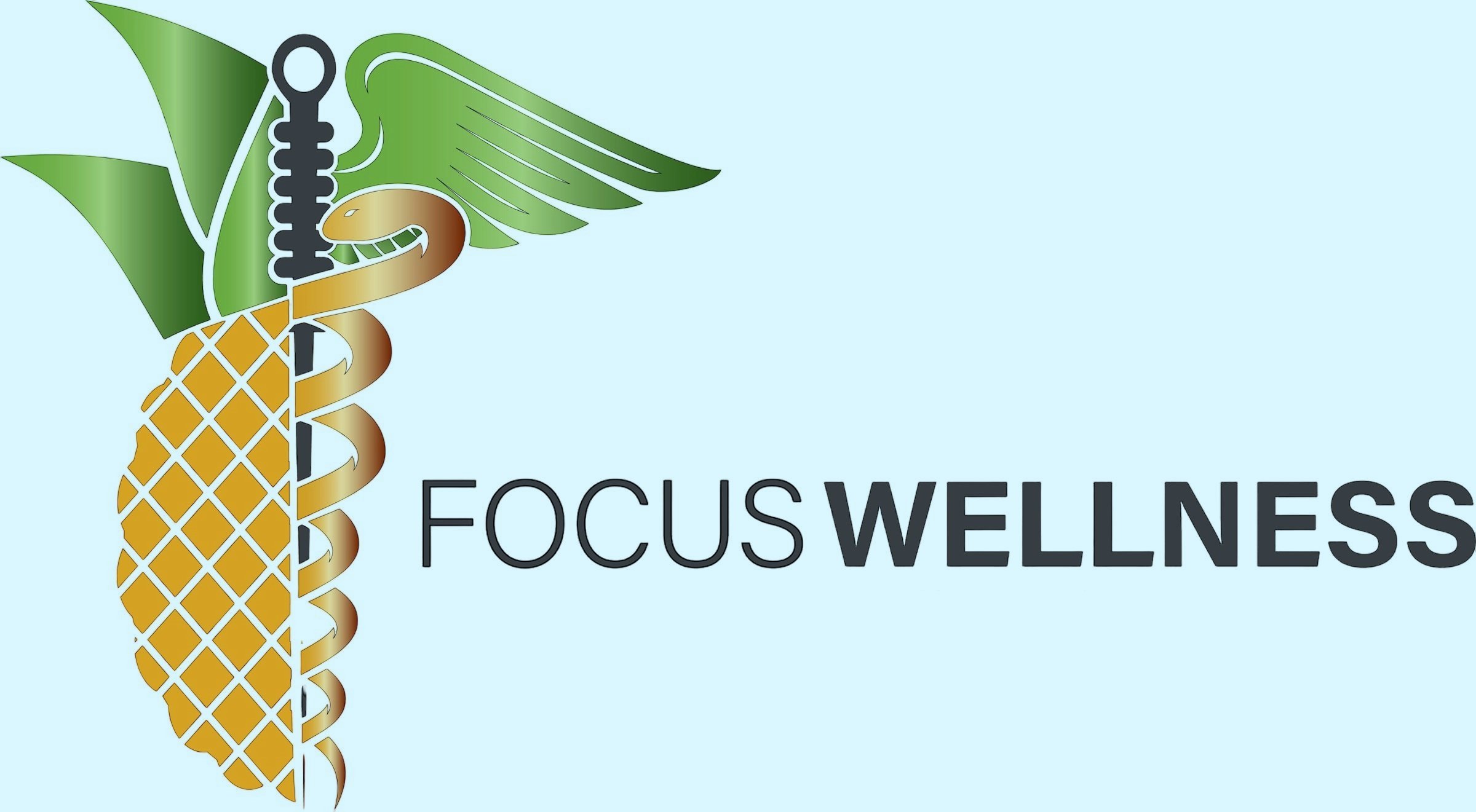Reduce stress with acupuncture.
In today's fast-paced world, stress has become a common challenge for many people. While there are various methods available to manage stress, acupuncture, an ancient Chinese practice, has gained popularity as a holistic approach to finding relief. In this blog post, we will explore how acupuncture can help reduce stress and promote overall well-being.
1. Understanding Acupuncture:
Acupuncture is a therapeutic technique that involves inserting thin needles into specific points on the body known as acupuncture points. These points are believed to be interconnected by pathways known as meridians, through which the body's vital energy, or Qi, flows. By stimulating these points, acupuncture aims to restore the balance of Qi and promote the body's natural healing abilities.
2. The Stress-Reducing Effects of Acupuncture:
a. Promoting Relaxation: Acupuncture sessions often create a calming and tranquil environment, allowing individuals to unwind and relax. The process of needle insertion is generally painless and can induce a state of deep relaxation, helping to alleviate stress.
b. Modulating the Nervous System: Acupuncture is thought to influence the autonomic nervous system, which plays a crucial role in regulating stress responses. It can help rebalance the sympathetic and parasympathetic branches of the nervous system, leading to a more relaxed state and reduced stress levels.
c. Releasing Endorphins: Acupuncture has been linked to the release of endorphins, the body's natural painkillers and mood enhancers. These neurochemicals can promote a sense of well-being, reduce anxiety, and improve mood, helping to combat stress.
3. Personalized Treatment:
Each individual's experience with acupuncture can vary, as the treatment is tailored to their specific needs. A qualified acupuncturist will assess your unique situation, considering factors such as your overall health, lifestyle, and specific symptoms. This personalized approach ensures that the treatment addresses your stress-related concerns effectively.
4. Supplementing Lifestyle Changes:
While acupuncture can be an effective tool for stress management, it is important to complement it with healthy lifestyle choices. Incorporating stress-reducing activities such as regular exercise, proper sleep, a balanced diet, and mindfulness practices can enhance the benefits of acupuncture and contribute to overall well-being.
Acupuncture offers a holistic approach to stress relief, focusing on restoring balance within the body. By stimulating specific acupuncture points, this ancient practice aims to alleviate stress, promote relaxation, and enhance overall well-being. If you're considering acupuncture for stress management, consult a qualified acupuncturist who can provide personalized treatment based on your unique needs. Remember, finding the right balance between acupuncture and healthy lifestyle choices can lead to a happier, more stress-free life.
